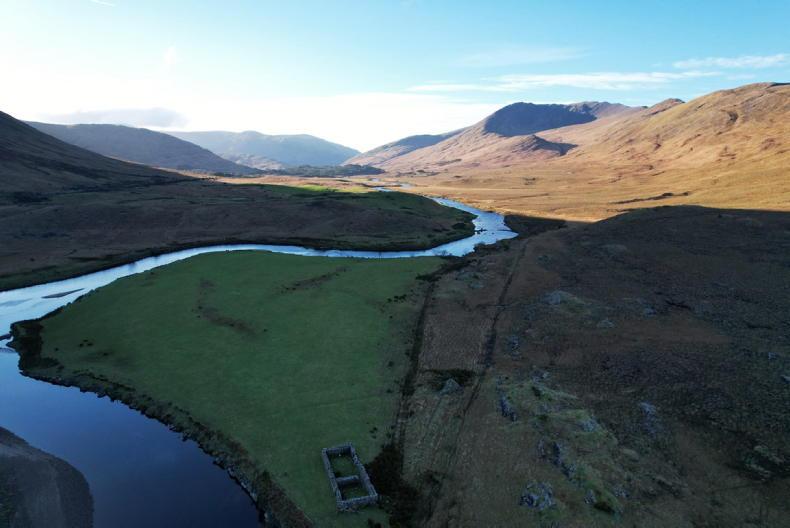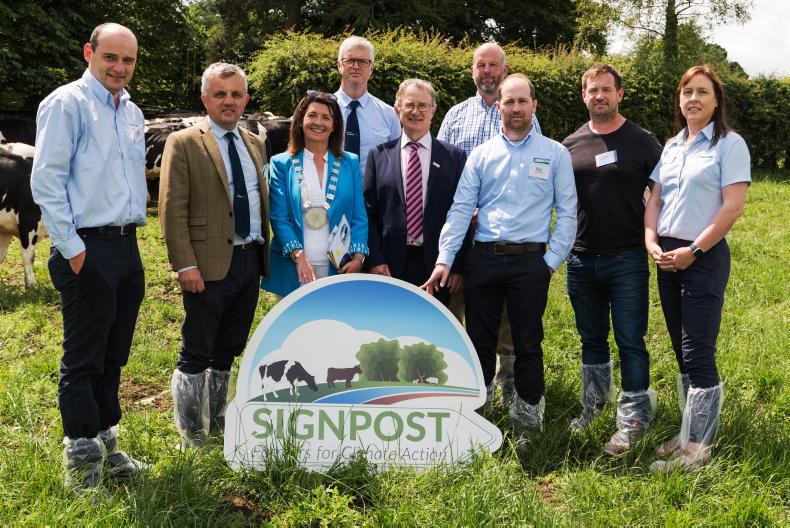DEAR SIR, It has been proposed that one of the ways agriculture could meet the required reductions in emissions from the sector would be to have a quota of emissions allowed for each farm or the so called ‘cap and trade’ for emissions.
It is understood that there has been significant objections, by farming organisations, to this idea. Why, I wonder?
If the quota per farm was allocated on a per acre basis, and the farmer left to decide how to achieve it, farmers would be able to farm as they wished.
It would encourage and reward those that want to farm in a way that is harmonious with nature and the environment, and those who wish to have low stocking rates.
It would also allow those that want to pursue more intensive farming to do so.
Although, they might have to invest in emissions reduction technology or purchase extra quota of emissions from someone who is farming below their quota level.
It would appear to be a very equitable approach that would not interfere with an individual farmer’s choice regarding farming type or method of food production.
Such an approach could mean that farmers need have no other measures forced upon them and yet would be certain to achieve the 25% emissions reduction required from agriculture.
Agreed standard
Of course it would be necessary to agree and set standard emissions levels for actions and the results of management methods.
Farmers could then be awarded credits for carbon sequestration such as: having areas of scrub; volume of hedges, deciduous woodland and continuous cover forestry; having soil carbon above a certain level etc; or for installing equipment that decreases emissions, such as an anaerobic digester for manure management and fertiliser production, or for putting solar panels on shed roofs, buying a nitrogen monitor etc.
Measurement of all inputs and outputs would be necessary. Every farm would provide an account each year, and if their emissions level was below their quota they could sell the spare quota to someone who has exceeded theirs.
Those that farm more intensively would have to use some of their profits to undertake mitigation actions or to buy additional quota.
Those that choose to farm less intensively typically receive a lower net return from their farm, however by being able to sell spare quota to those that need it, would increase their net income.









SHARING OPTIONS